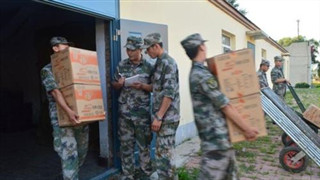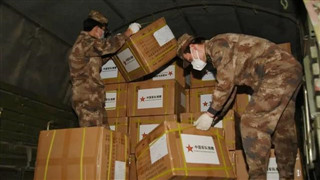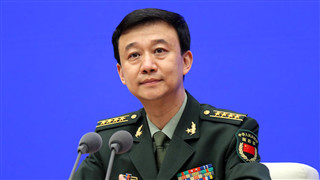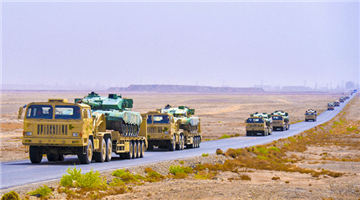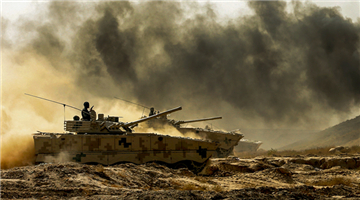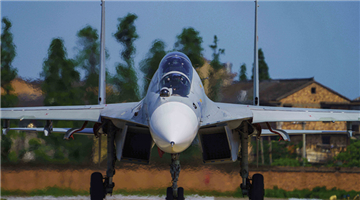By Fang Xiaozhi
The American ambassador to Germany Richard Grenell recently published an article on Germany's newspaper Die Welt publicly criticizing Berlin for damaging NATO's nuclear deterrence policy. He demanded Germany continue engaging deeply in NATO's nuclear deterrence framework and better fulfill its responsibilities to allies under the organization's defense system.
The US and Germany have long had divergences on NATO's nuclear policy. Nuclear strategy is an important component of NATO's defense strategy. Still, France and Britain are the only European countries that have nuclear weapons while other countries on the continent have to deploy America-made nuclear weapons. America's nuclear outreach is NATO's largest nuclear umbrella. Statistics show that Washington has deployed about 180 B-61 tactical nuclear weapons in five European countries with vital strategic geographical positions, of which 20 are deployed at the Büchel air force base in Germany. These nuclear weapons render Berlin capable of nuclear deterrence to a certain degree, but also put it at risk.
NATO's nuclear strategy is an important part of America's global nuclear strategy and one of its main tools to maintain global hegemony. From a strategic confrontation point of view, Washington believes deploying nuclear weapons in Europe could, on the one hand, intensify the core role of the US-led NATO in European defense and consequently cement America's say and influence on Europe's defense policies. On the other hand, the deployment could maintain nuclear deterrence in Russia, being the new bargaining chips in the nuclear disarmament negotiation. Therefore, against the backdrop of exacerbated US-Russia military confrontation, US will try its best to keep storing and deploying tactical nuclear weapons in NATO's non-nuclear member states as long as the organization's nuclear security function remains. Washington won't easily pull its nuclear weapons out of Europe despite the mounting opposition.
Germany, on the other hand, holds an ambivalent attitude towards nuclear weapons. The country was a focal point furiously contended by the US and Soviet Union during the Cold War for its special geographical location. After conclusion of the Cold War, the country remained sandwiched between Washington and Moscow. It was more acute after the Intermediate-Range Nuclear Forces Treaty (INF Treaty) lost efficacy in 2019 when the US-Russia contention in that field went back to Europe, dragging Germany and the entire European continent into the frontline of US-Russia strategic confrontation. Berlin has been repelling the deployment of nuclear weapons for fear of becoming a victim of US-Russia confrontation, and hopes to establish a secure and stable external environment. Yet reality cannot hold up its wish. Confronted with the current international security situation, especially the escalated confrontation between Washington and Moscow in recent years, Berlin doesn't think it's able to deal with the looming military pressure and possible external nuclear threats on its own, and has no choice but to rely on America's nuclear protection through NATO. As a member of NATO's nuclear sharing program, Germany retains its nuclear assault fleet that, under the existing NATO framework, can carry and use the nuclear weapons America has deployed at its military base. Not long ago, Berlin officially decide to purchase the F/A-18 Hornet fighter jets from the US to replace the aging Panavia Tornado in its air force combat formation, for which an important reason is F/A-18's capacity of carrying B-61 tactical warheads. This implies that Berlin won't give up its nuclear capability without a fight.
To conclude, Washington and Berlin won't break up completely, although they have many conflicts and divisions on NATO's nuclear policy. Rather, they will continue cooperating in nuclear weapons for a considerably long time. Yet with the rising uncertainties within Europe over recent years and the expanding terrorism worldwide, the nuclear weapons deployed by the US in Germany and the Europe as a whole have become a potential destabilizing factor that, once gone wrong, would incur unimaginable consequences. This is a challenge that Washington and Berlin have to think over and deal with carefully.
(Fang Xiaozhi is a researcher at the Institute of Strategic Studies and International Security, Fudan Institute of Belt and Road & Global Governance)
